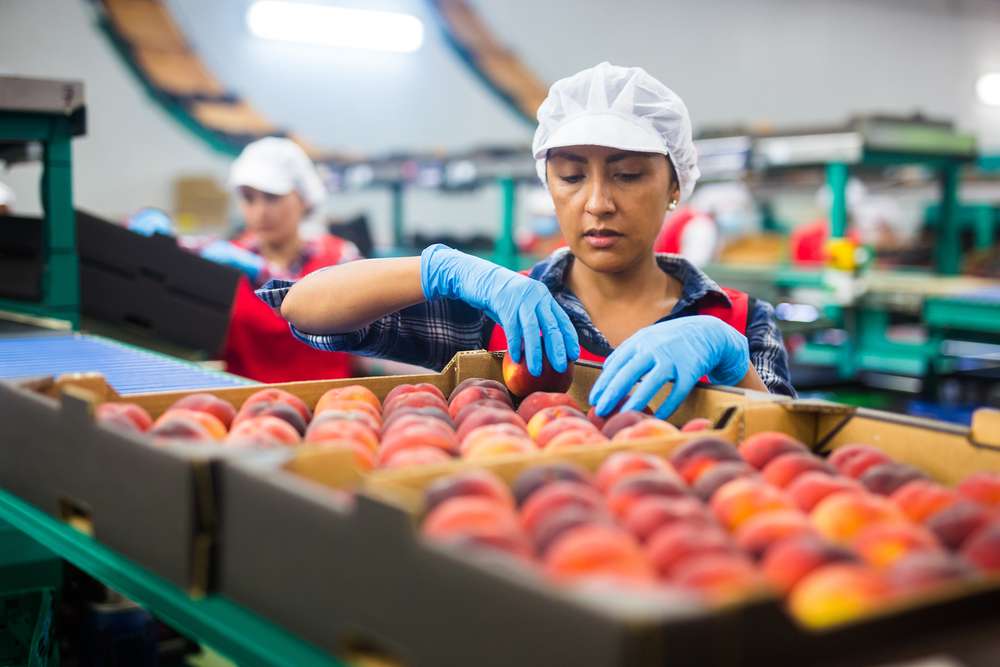Egg Packing Jobs: A Comprehensive Guide to Food Production Careers
Egg packing jobs play a crucial role in the food production industry, ensuring that one of the most widely consumed protein sources reaches consumers safely and efficiently. These positions involve handling, sorting, and packaging eggs for distribution to supermarkets, restaurants, and other food service establishments. As the demand for eggs continues to grow globally, the need for skilled workers in this field remains steady, offering opportunities for those interested in food production and packaging careers.

The job also requires attention to detail and adherence to strict hygiene and food safety protocols. Egg packers must maintain a clean work environment, wear appropriate protective gear, and follow all sanitation procedures to prevent contamination. They may also be involved in quality control processes, record-keeping, and monitoring storage conditions to maintain egg freshness.
What skills are required for egg packing jobs?
Successful egg packers possess a combination of physical and technical skills. Physical stamina is essential, as the job often involves standing for long periods and performing repetitive motions. Good hand-eye coordination and dexterity are crucial for handling eggs gently and efficiently. Attention to detail is paramount to ensure that only high-quality eggs make it through the packaging process.
Technical skills may include the ability to operate and maintain egg grading and packaging machinery. Many modern egg packing facilities use computerized systems, so basic computer literacy can be beneficial. Additionally, understanding food safety regulations and quality control procedures is important for maintaining compliance with industry standards.
How does technology impact egg packing jobs?
The egg packing industry has seen significant technological advancements in recent years. Automated sorting and grading systems have increased efficiency and accuracy in the packaging process. These systems use sensors and cameras to detect egg size, weight, and quality, reducing the need for manual inspection.
However, human workers remain essential in overseeing these automated processes, performing quality checks, and handling tasks that require judgment and flexibility. As technology evolves, egg packing jobs may shift towards more specialized roles that involve operating and maintaining advanced machinery, as well as interpreting data from automated systems to optimize production.
What are the working conditions in egg packing factories?
Egg packing facilities are typically climate-controlled environments to maintain optimal conditions for egg storage and handling. However, the work can be physically demanding, often requiring employees to stand for extended periods and perform repetitive tasks. The pace of work can be fast, especially during peak production times.
Safety is a top priority in egg packing factories. Workers are required to wear protective gear such as hairnets, gloves, and sometimes face masks to maintain hygiene standards. The environment may be noisy due to machinery, and workers may need to wear ear protection. Despite these challenges, many find the work rewarding, especially those who take pride in contributing to the food production industry.
What career progression opportunities exist in egg packing?
While entry-level positions in egg packing may not require extensive experience, there are opportunities for career advancement within the food production industry. With experience and additional training, workers can progress to supervisory roles, overseeing packaging lines or entire shifts. Some may move into quality control positions, ensuring that eggs meet stringent safety and quality standards.
For those interested in broader aspects of food production, experience in egg packing can be a stepping stone to other roles in the industry. This might include positions in logistics, supply chain management, or food safety inspection. Additionally, as the industry continues to adopt new technologies, opportunities may arise for those who develop expertise in operating and maintaining advanced packaging systems.
What is the outlook for egg packing jobs in the food industry?
The outlook for egg packing jobs remains stable, driven by the consistent demand for eggs in both household and commercial settings. As the global population grows and dietary preferences evolve, the egg industry continues to adapt and expand. This growth suggests a continued need for skilled workers in egg packing and related food production roles.
However, the industry is also experiencing changes due to automation and technological advancements. While this may impact some traditional packing roles, it also creates new opportunities for workers with technical skills or those willing to adapt to new technologies. The emphasis on food safety and traceability in recent years has also increased the importance of quality control and documentation in egg packing facilities, potentially creating more specialized positions within the field.
In conclusion, egg packing jobs offer a gateway into the food production industry, providing opportunities for those interested in contributing to the global food supply chain. While the work can be physically demanding, it offers stability and the potential for career growth. As the industry continues to evolve with new technologies and changing consumer demands, egg packing roles are likely to adapt, offering diverse opportunities for those willing to learn and grow within the field.






